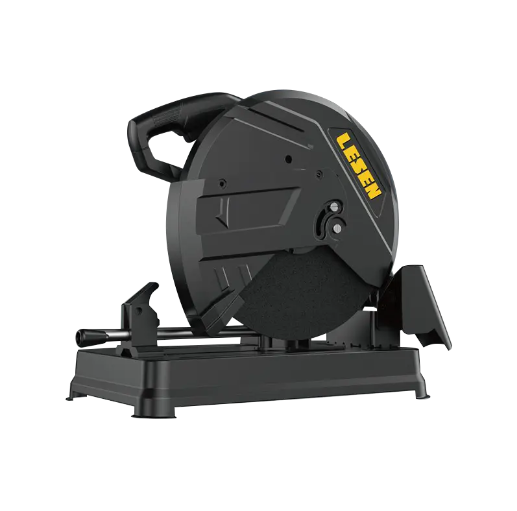How Does a Chop Saw Factory Ensure Product Quality and Efficiency?

A Chop Saw Factory plays a crucial role in modern manufacturing and construction. It serves as the foundation for producing durable and precise saw machines used in metal, wood, and plastic cutting. In recent years, the demand for accurate cutting tools has increased across various industries, and this trend has placed the Chop Saw Factory at the center of global production activities. These factories are not only manufacturing units but also hubs of engineering design, technical innovation, and quality control.
A Chop Saw Factory typically focuses on designing and assembling saws that can handle different materials efficiently. Each unit in the production line must be precisely calibrated to meet customer specifications. In addition to the mechanical design, the factory must also consider factors such as motor performance, cutting angle accuracy, and user safety. These elements determine the overall performance and reliability of the final product.
Inside a Chop Saw Factory, the production process involves several stages—from raw material selection to assembly and final testing. Steel, aluminum, and other durable metals are commonly used to produce strong frames and blades. Each component goes through strict inspection to ensure consistency and endurance. This process ensures that every chop saw leaving the Chop Saw Factory meets industrial standards and can perform well in heavy-duty environments.
Quality assurance is a major focus for every Chop Saw Factory. Before a product is shipped, it usually undergoes cutting tests under different load conditions. This step helps evaluate blade sharpness, vibration control, and cutting precision. Many factories also conduct continuous improvement programs to refine design features and enhance production efficiency. Such measures help maintain a steady reputation among clients while ensuring long-term reliability of the machines.
A modern Chop Saw Factory often integrates automation and digital monitoring systems into its operations. Automated assembly lines and robotic arms help reduce labor intensity and improve precision. Data-driven quality control systems can monitor machine performance in real time, allowing engineers to detect potential issues early. This integration of technology transforms a traditional Chop Saw Factory into a more efficient and sustainable production center.
Environmental considerations are also becoming increasingly important for any Chop Saw Factory. Factories are now focusing on using recyclable materials and reducing energy consumption during manufacturing. Waste reduction programs and cleaner production technologies reflect the growing awareness of environmental responsibility in the industrial sector. A factory that balances production efficiency with sustainability gains greater trust from customers and partners.
The global market for chop saws continues to expand, supported by industries such as construction, automotive, and furniture manufacturing. As a result, the role of the Chop Saw Factory will remain significant. With consistent investment in research, training, and technology, these factories can continue to meet the changing needs of users around the world.
A Chop Saw Factory is more than just a manufacturing facility. It represents the combination of engineering expertise, quality control, and sustainable innovation. Through continuous development, it contributes to the advancement of industrial cutting tools and supports a wide range of applications that keep modern industries running efficiently.
https://www.zjsaimatools.com/product/cutting-machine/cut-off-machine/
- Creative Multimedia
- Education & Innovation
- Business & Technology
- Sustainability & Ethics
- App & IT Development
- Community & Culture
- Thought Leadership
- Мероприятие
- AI & Robotics
- Craft
- Кинозал
- Fitness
- Free Peck
- Игра
- Tutorial
- Health
- Music
- Networking
- Другое
- Business
- Religion
- Shop
- Sport
- Wellbeing



